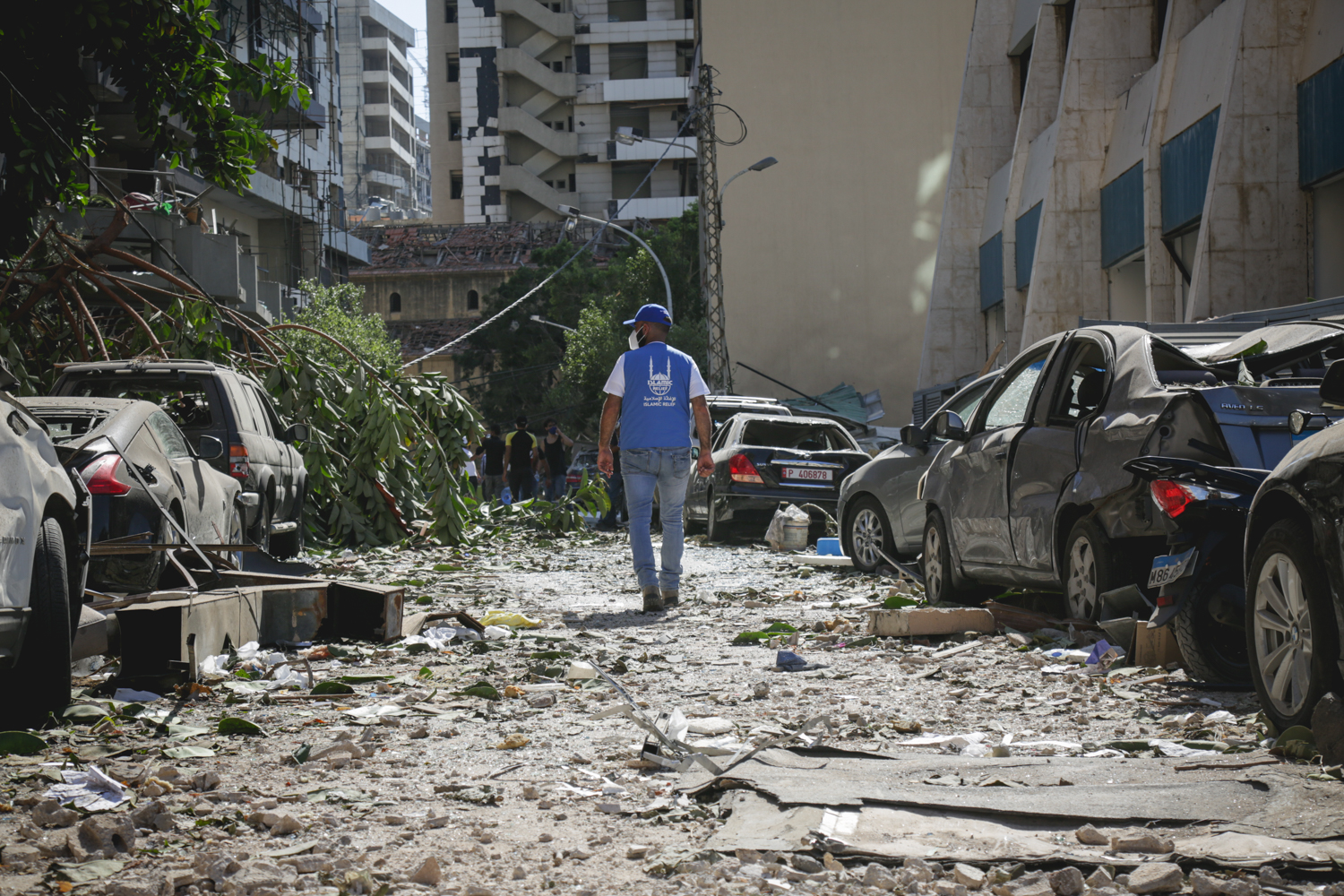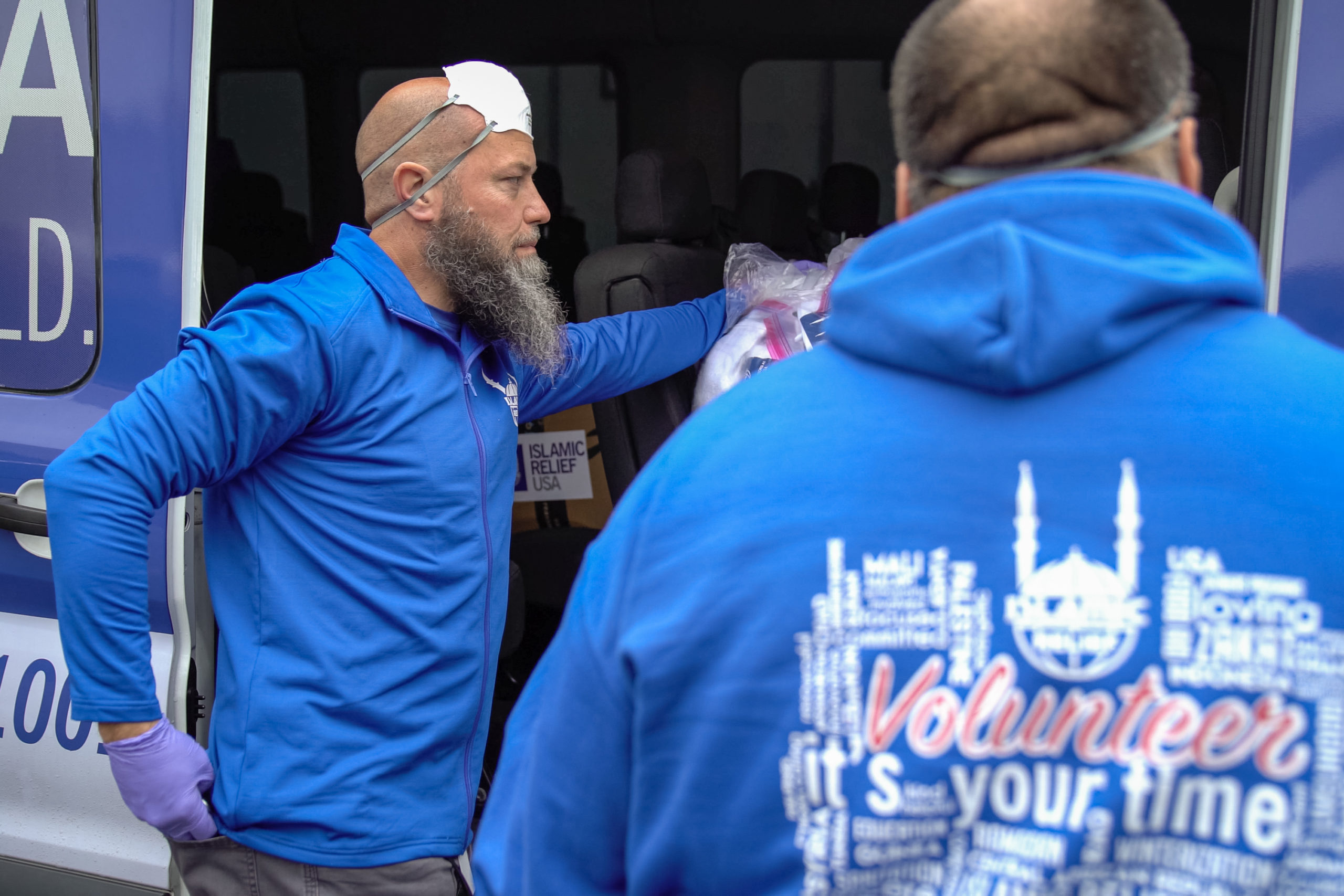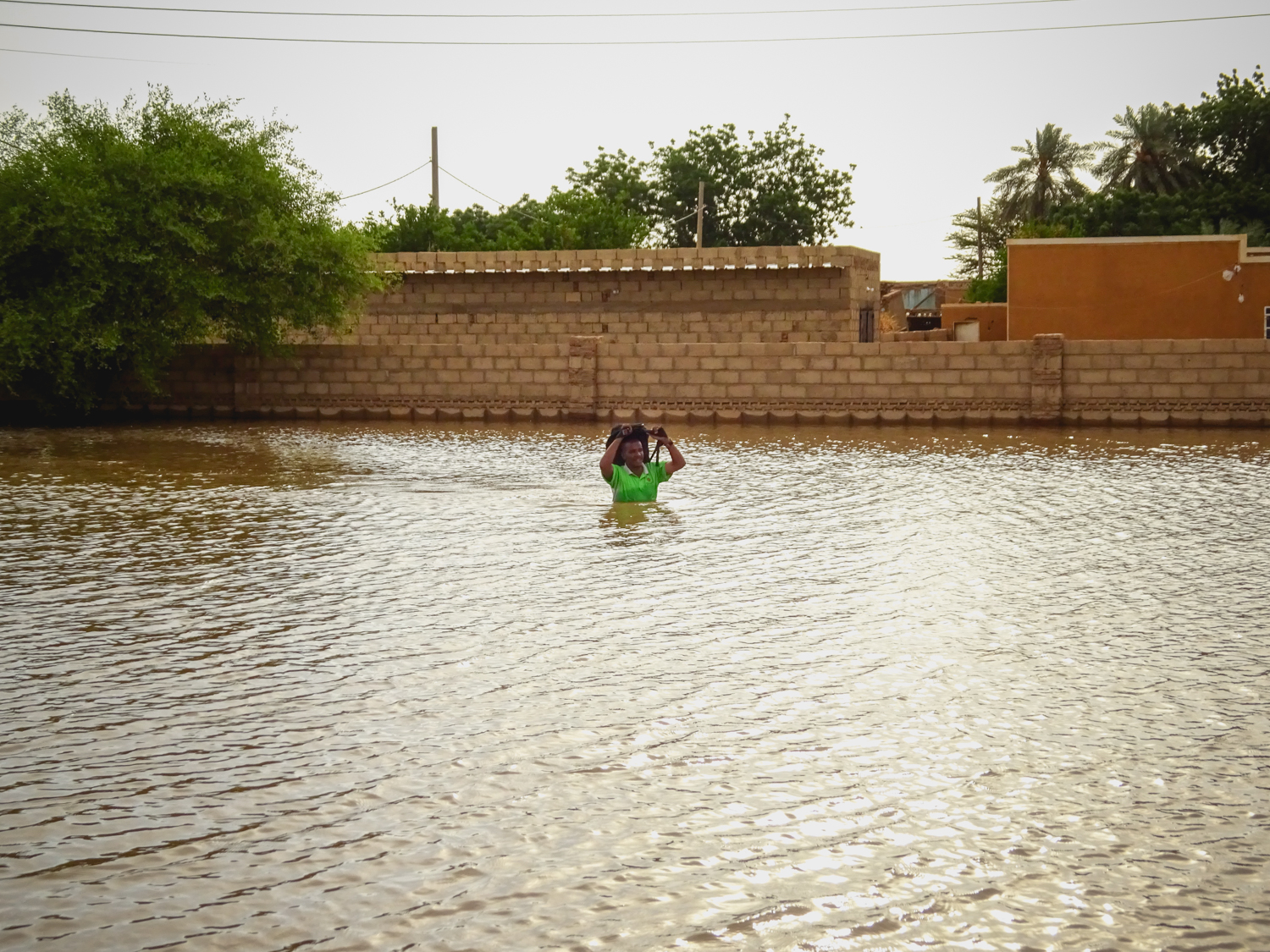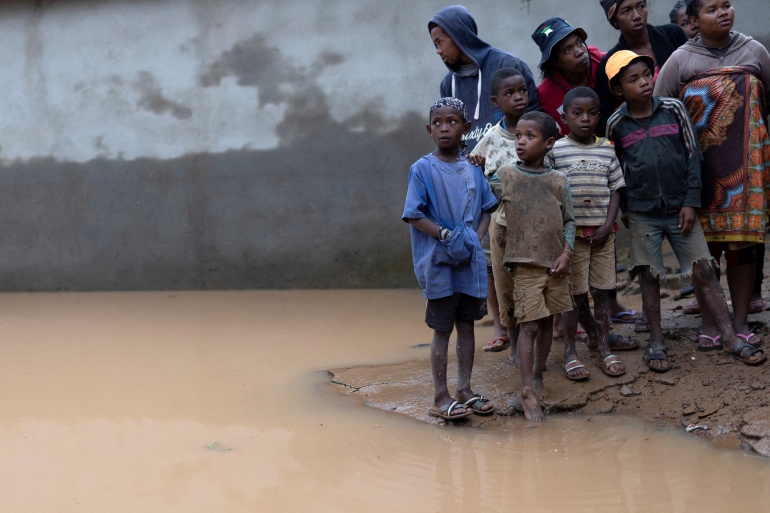
Cyclone Batsirai Carves Through Madagascar and Zambia
Sudden natural disaster claims lives and cues immediate response
By Iqra Abid Hasan
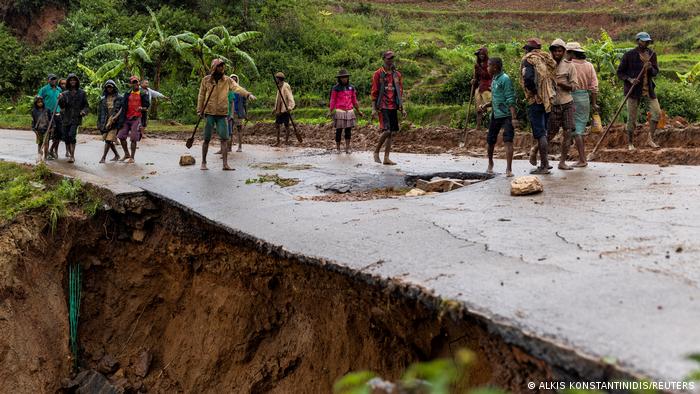
“We saw only desolation: uprooted trees, fallen electric poles, roofs torn off by the wind, the city completely under water.”
– Survivor
An island rocked
Cyclone Batsirai has devastated Madagascar after barreling into the Eastern coastline of the island, bringing winds of up to 100 mph. So far, 20 people have been confirmed dead and 48,000 people have been displaced. However, the UN World Food Program estimates as many as 150,000 people may have lost their homes.
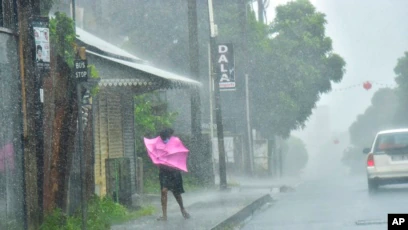
The city of Mananjary, just north of where the cyclone hit land, has been left in ruins with electricity unavailable for its residents and homes destroyed. The city’s hospital was also badly damaged. As of now, residents are sheltering in the recently built parts of the hospital that withstood the extreme weather. Reports have also indicated that the disaster destroyed up to 95% of homes and businesses in the town of Nosy-Varika, 45 miles north of Mananjanary, home to 20,000 people.
Landslides begin
The devastation continued further inland where several landslides were caused by the cyclone, as well as major flooding. In a country where access to smaller villages is already a challenge, reaching those affected locations is now a desperate task, and support may not arrive until the end of the week. This leaves the true scale of the damage caused by Batsirai to be unknown. Aid agencies are fearing a widespread humanitarian disaster.
Destruction caused by Batsirai compounds an already desperate situation in Madagascar, where the recent Tropical Cyclone Ana, described as a once-in-a-decade storm, left the country reeling. In addition to the damage caused by Ana, Madagascar has been increasingly vulnerable to the effects of tropical storms due to climate change, deforestation, and increasingly intense flooding.
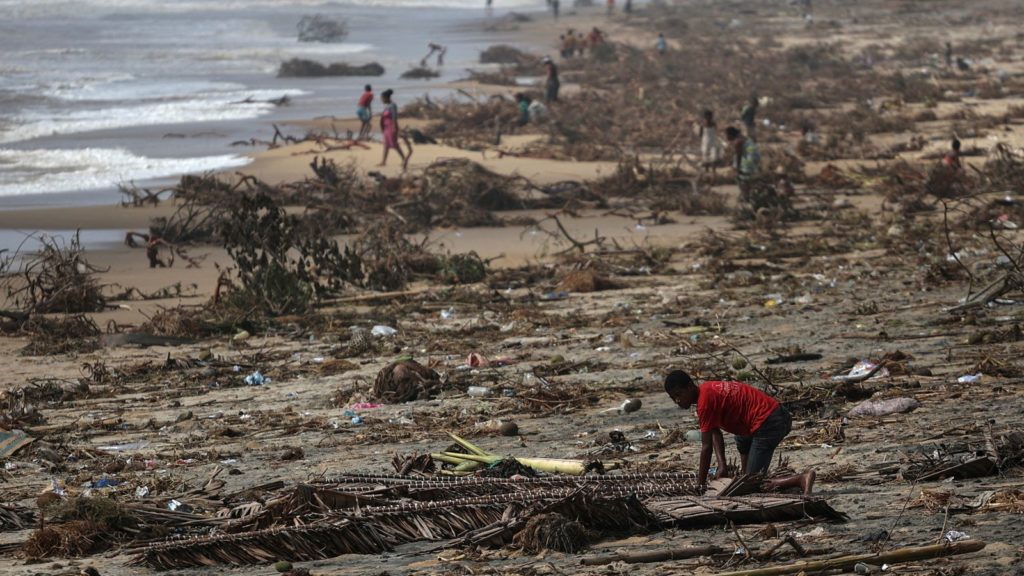
Already suffering from drought
The south of the country, which was spared the destruction of the cyclone, is instead in the midst of a drought. Prior to Cyclone Ana, parts of Madagascar were experiencing some of the worst drought statistics ever recorded in the island nation.
In Manjanary, rice-paddies were flooded, food trees ripped out, and clean water in short supply. Food security was already a severe concern for aid agencies in Madagascar, and with the effects of both Cyclone Ana and cyclone Batsirai, it has yet to be fully uncovered. The impact on Madagascar’s food security is predicted to be a major humanitarian concern.
The impact of the storm has made addressing the food insecurity levels increasingly difficult, with the destruction of infrastructure affecting distribution. Key resources have also been diverted to storm relief rather than food security. Aid agencies, including IRUSA, have already started preparing to provide emergency food supplies to up to two million people.
Zambia floods from cyclone’s path
Zambia is one of a few southern countries to suffer from the effects of the cyclone. Shelters have been severely damaged and flooding has contaminated water sources, increasing the risk of diarrheal diseases and malaria due to increased mosquito breeding. Unfortunately, hundreds of households have succumb to flooding and will need immediate assistance as well as long-term recovery aid.
Action needed
IRUSA is in development with three partner organizations for potential support. By gathering generous donations, IRUSA aims to:
- Meeting the immediate basic needs of 3,000 cyclone-affected households in Madagascar through cash assistance
- Supporting vulnerable flood-affected households in Zambia help meet basic needs with dignity.
Further work aims to include:
- Rehabilitating 950 flood-affected households to receive lifesaving, emergency supplies to meet basic needs
- Rehabilitating 10 water systems
- Constructing 25 hand-washing facilities
- Distributing emergency shelter and health items
- Providing medical outreach through child health and maternity services
- Conducting hygiene messaging around waterborne disease transmission, COVID-19 prevention, and hand-washing
Sources
https://www.aljazeera.com/gallery/2022/2/7/photos-cyclone-pounds-madagascar
https://www.cbc.ca/news/world/madagascar-cyclone-1.6341716



